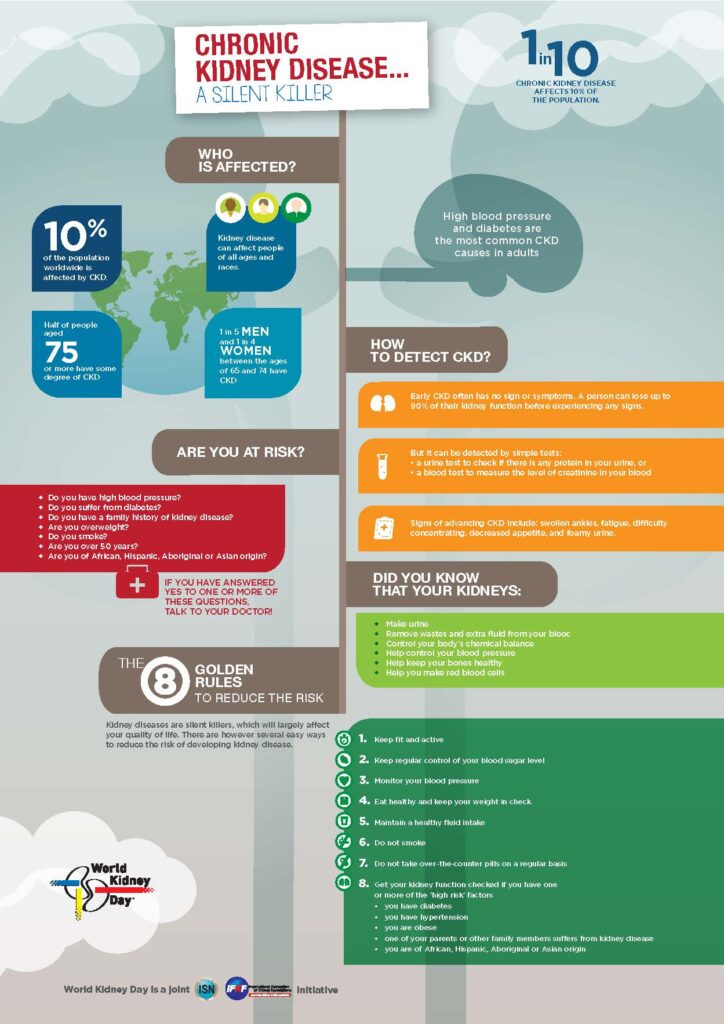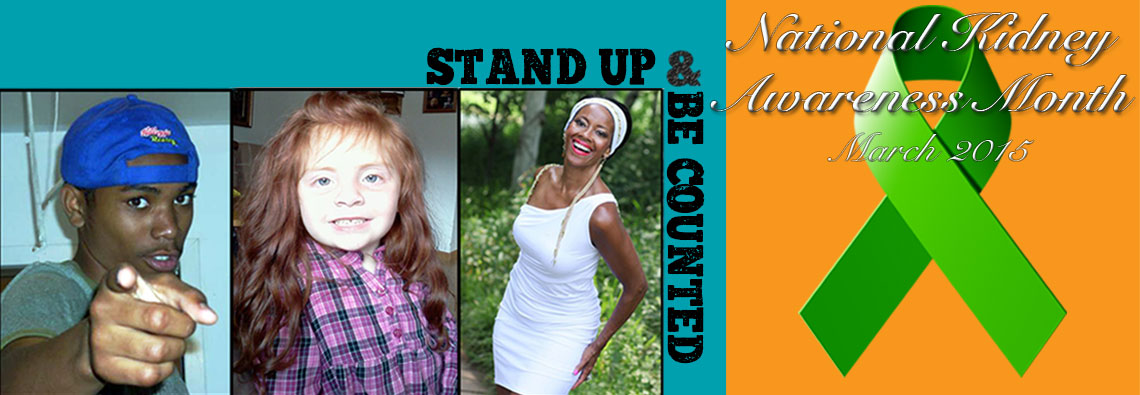Washington, DC, 15 de diciembre de 2023 – NephCure, una importante organización nacional de defensa del paciente dedicada a acelerar la investigación y encontrar mejores tratamientos para enfermedades renales raras, aplaudió hoy la introducción del Ley HR6790 de la nueva era de prevención de la enfermedad renal terminal en la Cámara de Representantes de Estados Unidos. La legislación es defendida por los representantes Gus Bilirakis (R-FL) y Terri Sewell (D-AL) y representa un paso crucial hacia adelante en los esfuerzos de nuestra nación para abordar las enfermedades renales raras a través de la investigación, mejores diagnósticos y educación de médicos y pacientes.
El Ley de nueva era para la prevención de la enfermedad renal terminal (“Ley Nueva Era”) es una legislación federal bipartidista que mejorará los resultados y la calidad de vida de cientos de miles de estadounidenses que viven con una enfermedad renal rara (RKD) y sus familias. Esta legislación apoyará la intervención temprana, mejorará el acceso a mejores tratamientos y reducirá el impacto físico, psicológico, social y económico del RKD a través de la investigación, mejores diagnósticos y educación de médicos y pacientes. La legislación ayudará a mitigar la carga de las enfermedades renales raras en los pacientes, las familias y el sistema de atención médica, sentando las bases para un nuevo paradigma de atención proactiva y eficaz de las enfermedades renales.
"Nuestra legislación que salvará vidas ayudará a eliminar las barreras de diagnóstico y tratamiento para muchos pacientes que padecen una enfermedad rara". dijo el congresista Gus Bilirakis. "A través del establecimiento de Centros de Excelencia para la Investigación de Enfermedades Renales Raras y mayores esfuerzos de educación de proveedores, capacitaremos a los proveedores para identificar mejor los signos y síntomas de enfermedades renales raras, lo que conducirá a mejores opciones de tratamiento y mejores resultados para los pacientes".
“Demasiadas personas que viven con una enfermedad renal rara tienen problemas para encontrar proveedores de atención especializados. Aumentar la concientización y la educación es crucial para atender a los pacientes con enfermedades renales raras, razón por la cual estoy tan orgulloso de presentar la Ley de Nueva Era para la Prevención de la Enfermedad Renal en Etapa Terminal. Esta legislación logrará mejoras fundamentales en la forma en que los pacientes con enfermedades renales raras, especialmente aquellos en comunidades desatendidas, acceden y reciben atención”. dijo el representante Sewell.
“NephCura elogia al congresista Gus Bilirakis (R-FL) y a la congresista Terri Sewell (D-AL) por defender la Ley de Nueva Era para la Prevención de la Enfermedad Renal en Etapa Terminal y los esfuerzos para ver un futuro en el que converjan mejores diagnósticos, acceso a tratamientos y empoderamiento de los pacientes. para remodelar la trayectoria de las enfermedades renales raras”, dicho NephCureDirector ejecutivo Joshua Tarnoff. “Este proyecto de ley puede cambiar la forma en que atendemos a los pacientes con enfermedades renales raras mediante la detección temprana y el acceso a los tratamientos adecuados, brindando oportunidades educativas sobre enfermedades renales raras a médicos y pacientes y asignando dinero para la investigación. Estamos orgullosos de las contribuciones esenciales que realizó la comunidad de enfermedades renales raras en el desarrollo y la introducción de la Ley de Nueva Era para la Prevención de la Enfermedad Renal Terminal. Estamos comprometidos a seguir trabajando junto con el congresista Bilirakis y la congresista Sewell para aprobar esta importante legislación en el 118º Congreso”.
La Ley de la Nueva Era: un nuevo enfoque para mejorar el estado del cuidado renal
- Reducir la insuficiencia renal. Ordena al Departamento de Salud y Servicios Humanos (HHS) de EE. UU. evaluar métodos de tratamiento que retrasarían o eliminarían la necesidad de diálisis y trasplante y proporcionar recomendaciones legislativas al Congreso para respaldar sus hallazgos.
- Cerrar la brecha para las comunidades desatendidas. Ordena al HHS que haga recomendaciones que mejorarían la atención en comunidades que tienen tasas desproporcionadas de RKD. El HHS estudiará una variedad de cuestiones relacionadas con la intervención temprana, las pruebas y el tratamiento, incluido el acceso a los nefrólogos, la confianza del paciente en su proveedor de atención médica y la utilidad, el impacto y las barreras asociadas con las pruebas genéticas.
- Investigación avanzada y estándar de atención. Crea Centros regionales de excelencia en investigación de enfermedades renales raras en los Institutos Nacionales de Salud (NIH) que apoyarán la investigación, la concientización pública y los recursos que podrían conducir a tratamientos innovadores y menos invasivos y posiblemente a una cura para las enfermedades renales raras.
- Mejorar la educación de los proveedores. Establece becas de nefrología y brinda educación continua y capacitación en atención primaria sobre diagnóstico y tratamiento de RKD. Esta capacitación mejorará el conocimiento de los médicos y aumentará el número de expertos disponibles para los pacientes.
- Empoderar a los pacientes y las comunidades. La Ley de la Nueva Era apoyará campañas de información pública y educación de pacientes, promoviendo comunidades informadas y capacitando a los pacientes para que se hagan cargo de su proceso de atención médica.
Lea el texto completo de HR6790 por haciendo clic aquí.
NephCure anima a todos los miembros de su comunidad a tomar medidas ahora instando a sus miembros del Congreso a apoyar la legislación de la Nueva Era.
En cifras: el estado de la atención renal
- 10 mejores Las principales causas de muerte en los EE. UU. incluyen la enfermedad renal.
- Uno de cada siete los adultos viven con enfermedad renal crónica.
- Nueve de cada diez Los adultos con enfermedad renal crónica desconocen su condición.
- La incidencia de glomeruloesclerosis focal y segmentaria (FSGS), una enfermedad renal rara, es de aproximadamente 5 veces mayor en pacientes negros en comparación con pacientes blancos.
- El costo anual de Medicare para tratar la insuficiencia renal es $124,5 mil millones, que está impulsado por una enfermedad renal crónica y rara.
- Los pacientes en diálisis gastan alrededor 12 horas a la semana conectado a dispositivos médicos.
Acerca de NephCure
NephCure es una organización nacional líder en defensa del paciente dedicada a capacitar a las personas con una enfermedad renal rara que derrama proteínas para que se hagan cargo de su salud, mientras lidera la revolución en la investigación, los nuevos tratamientos y la atención. NephCure ha invertido más de $40 millones en la investigación de enfermedades renales y ha ayudado a crear un panorama en el que ahora existen nuevos tratamientos y más de 60 ensayos de medicamentos intervencionistas para enfermedades renales raras.




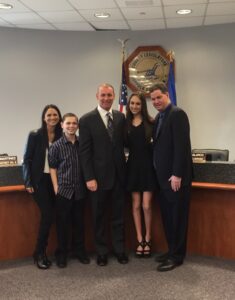
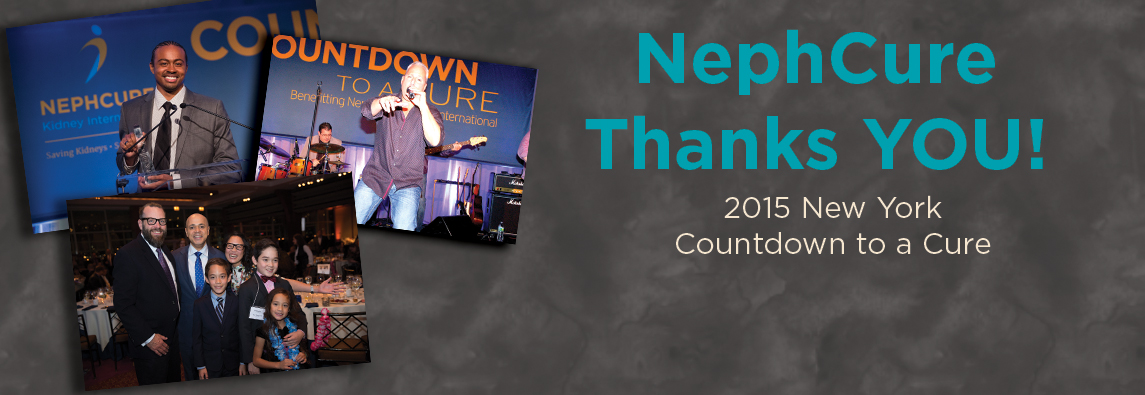
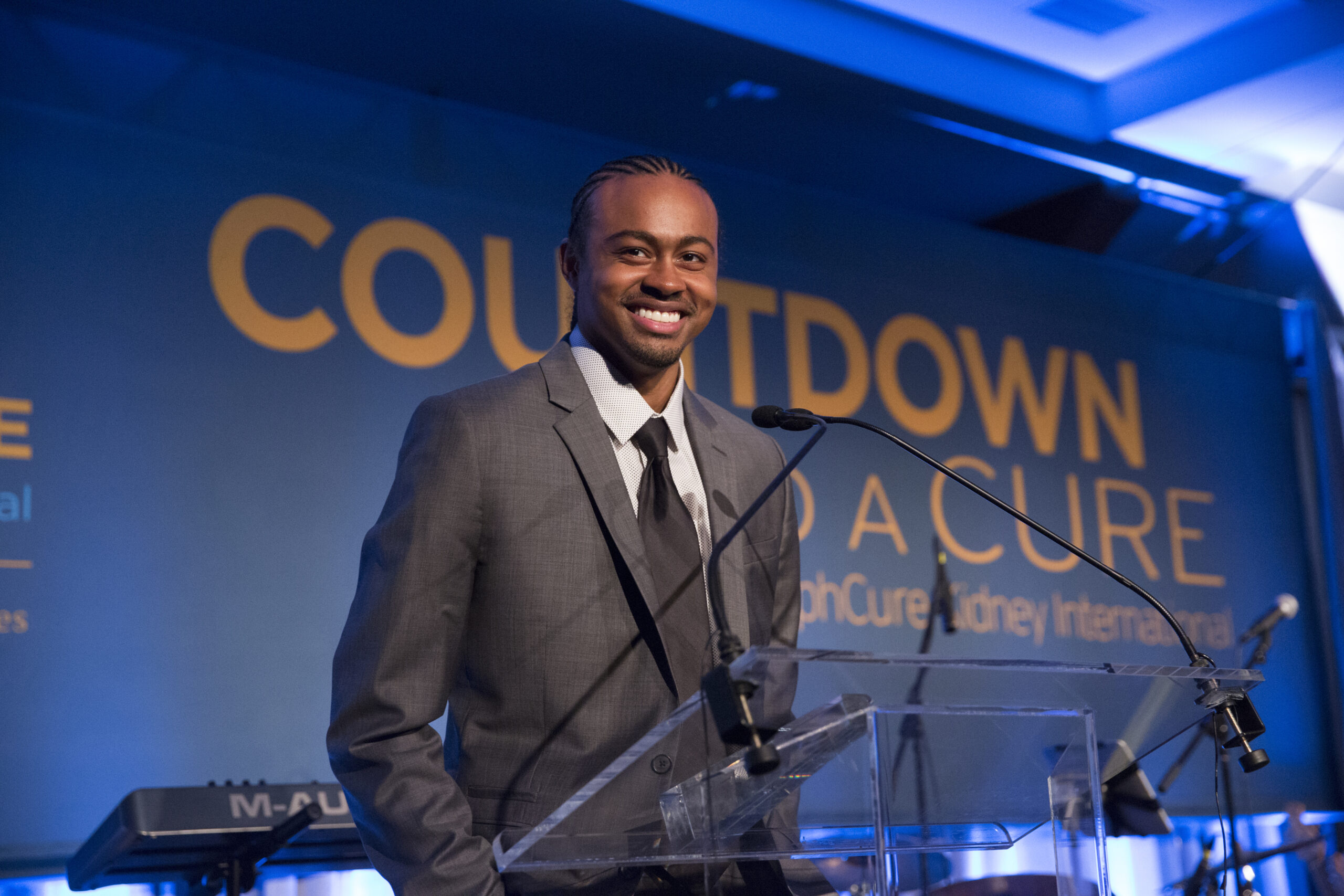
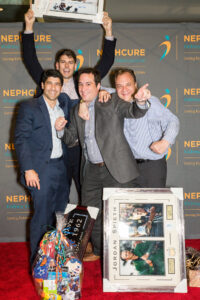

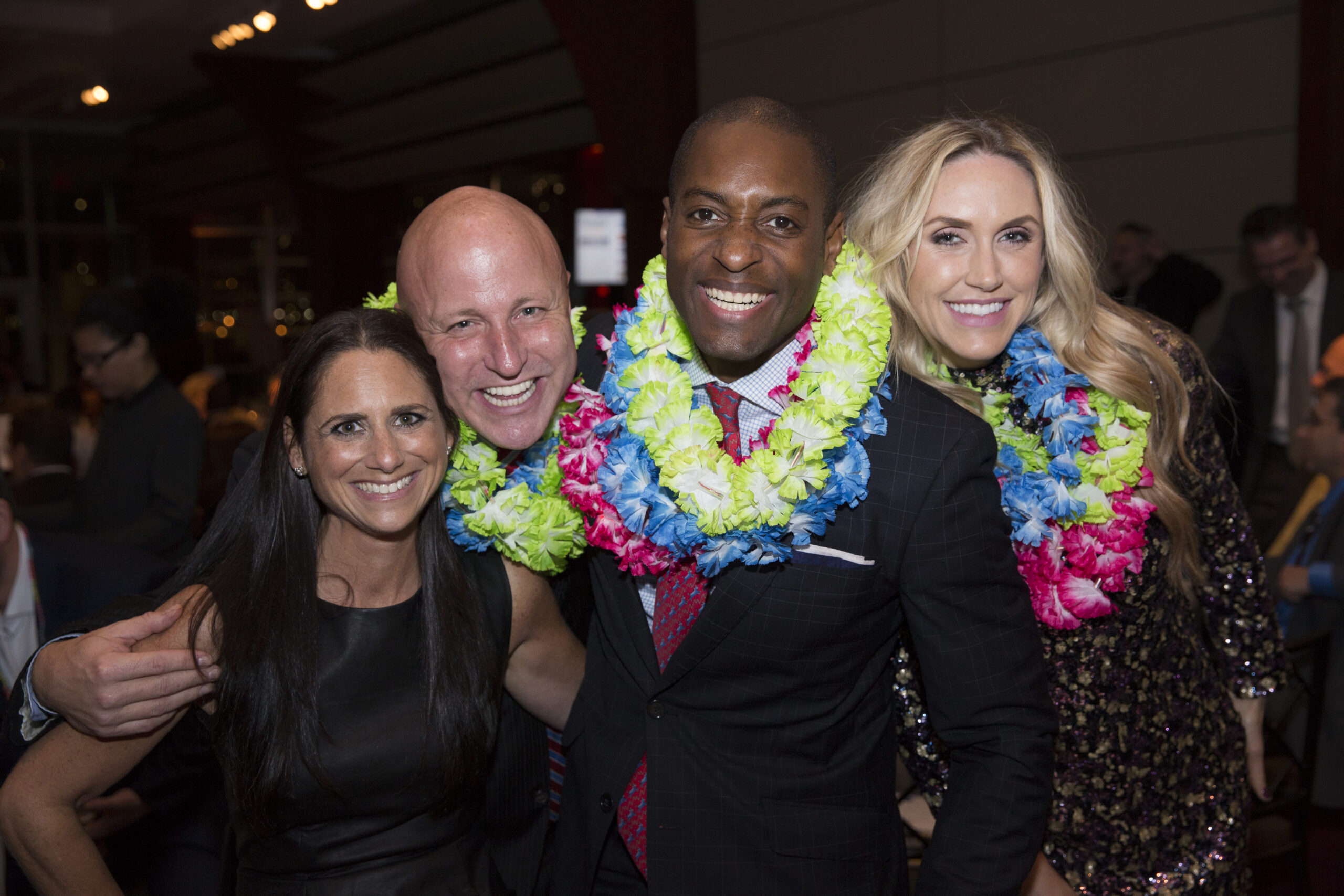
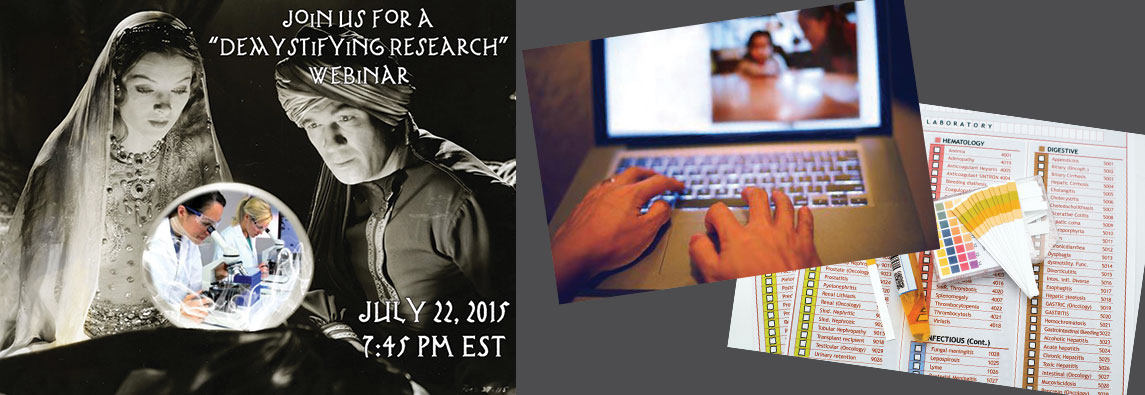


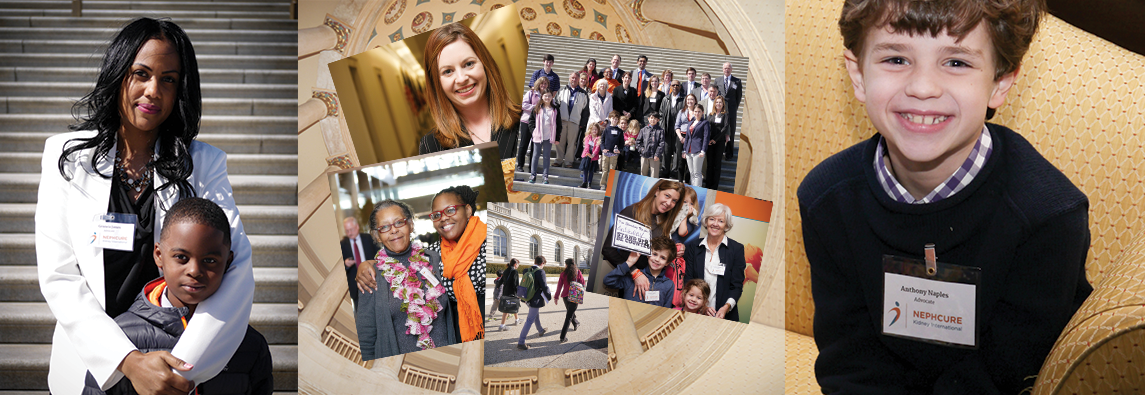
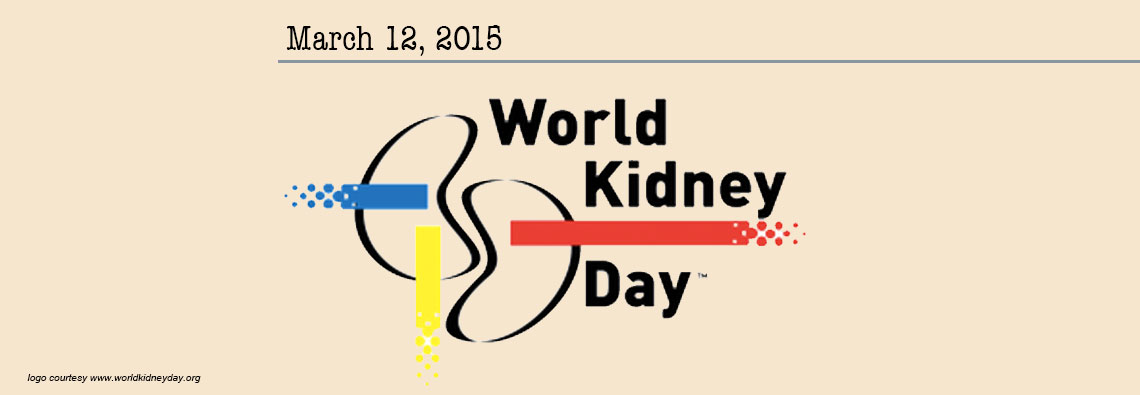
 You may know that YogaJournal.com is a wealth of information for anyone who wants to learn more about yoga. Did you know they also feature poses by anatomy? Take a look at their
You may know that YogaJournal.com is a wealth of information for anyone who wants to learn more about yoga. Did you know they also feature poses by anatomy? Take a look at their 